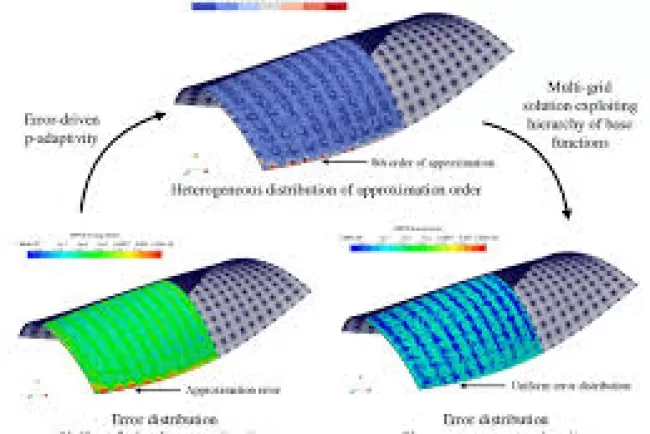Rwanda Welcomes 70 White Rhinos: A Major Step in Conservation
Rwanda's Akagera National Park is set to receive an unprecedented transfer of 70 white rhinos from South Africa, marking a significant milestone in wildlife conservation efforts. This historic move supports the park's goal to bolster rhino populations and establish a new breeding stronghold in the region.
In a groundbreaking event for rhino conservation, Rwanda is preparing to welcome 70 white rhinos from South Africa later this month. This transfer represents the largest relocation of white rhinos in the country’s history, covering approximately 3,400 kilometers to their new home in Akagera National Park. The initiative highlights the collective effort towards sustainable wildlife management and underscores Rwanda’s commitment to preserving its natural heritage.
A Historic Transfer
The introduction of these white rhinos, which can weigh up to two tons each, is a critical step in enhancing the genetic diversity of Rwanda's rhino population. This transfer is not the first of its kind; in 2021, Rwanda successfully welcomed 30 white rhinos to Akagera, further establishing the park as a vital sanctuary for these magnificent creatures. The park’s management emphasizes that these efforts are essential in ensuring a sustainable future for both black and white rhinos in the region.
The Plight of White Rhinos
Once abundant across sub-Saharan Africa, white rhinos faced severe declines due to hunting and poaching, exacerbated by the poaching epidemic that has plagued the continent. According to the International Rhino Foundation, poaching incidents rose by 4% from 2022 to 2023, with at least 586 rhinos poached in the past year alone. The southern white rhino, classified as near threatened, has a population of about 17,000 individuals, while the northern white rhino is on the brink of extinction, with only two females remaining.
Innovative Conservation Efforts
To combat the looming extinction of the northern white rhino, scientists are utilizing advanced reproductive technologies, including harvesting eggs and creating embryos using preserved sperm from deceased males. This groundbreaking initiative offers a glimmer of hope for the species, showcasing the lengths to which conservationists will go to protect these animals.
The Role of Akagera National Park
Akagera National Park is emerging as a globally recognized sanctuary, playing a crucial role in the conservation of vulnerable rhino species. As Rwanda positions itself as a premier safari destination, the successful relocation of these rhinos not only supports wildlife population growth but also enhances the park's appeal to tourists and conservationists alike.
Conclusion
The upcoming transfer of 70 white rhinos to Akagera National Park is a remarkable achievement in conservation efforts, reaffirming Rwanda's dedication to wildlife protection. As the world watches, this initiative serves as a beacon of hope, illustrating the possibilities of collaboration in securing a future for these majestic creatures.
Stay tuned for more updates on this significant conservation milestone and the ongoing efforts to protect Africa’s wildlife.
What's Your Reaction?















